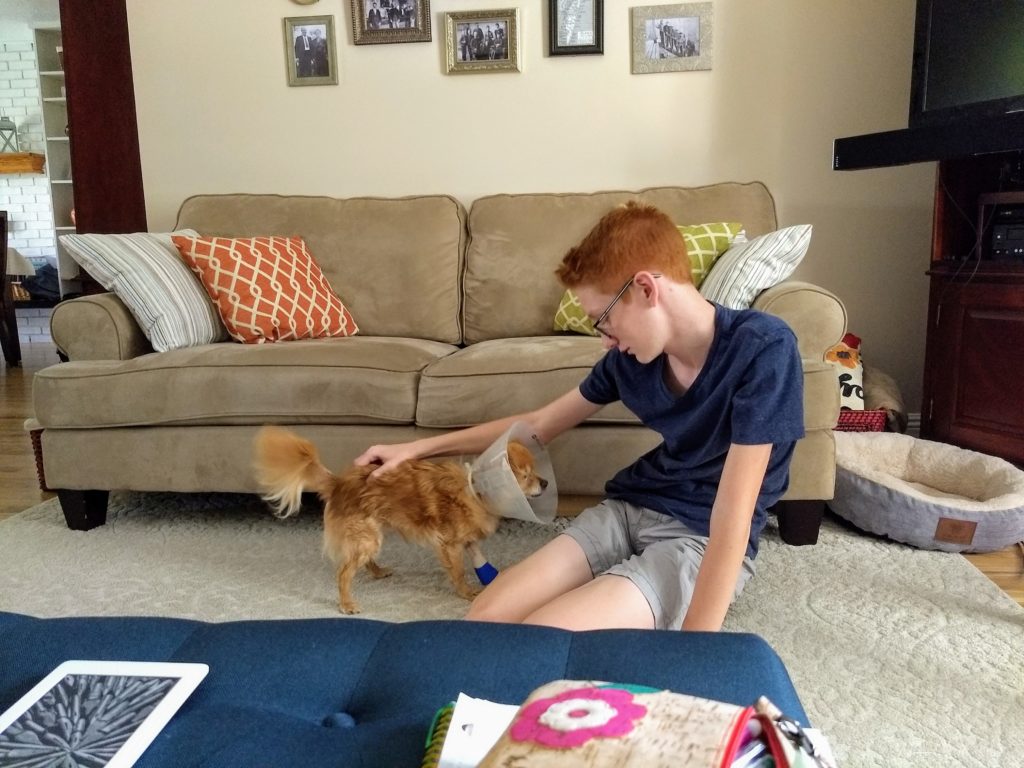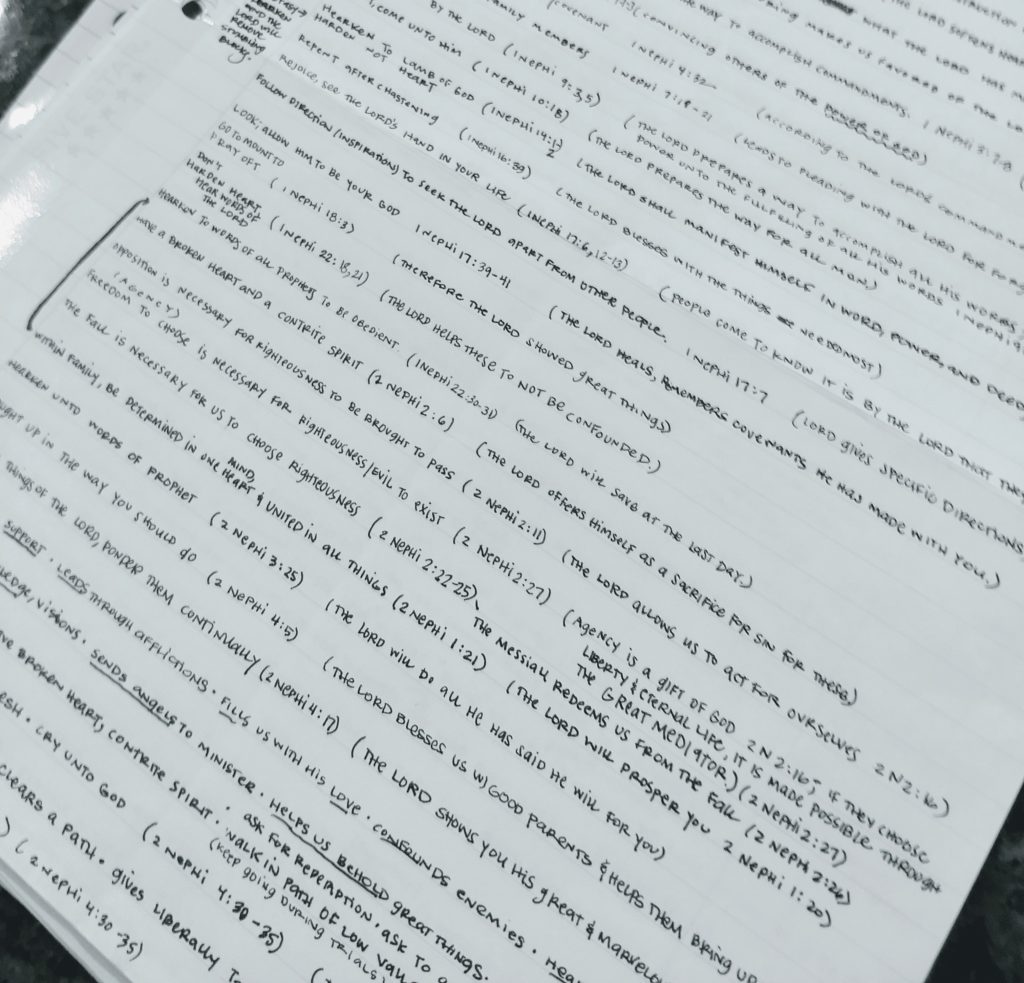“…O have mercy, and apply the atoning blood of Christ that we may receive forgiveness of our sins, and our hearts may be purified; for we believe in Jesus Christ, the Son of God, who created heaven and earth, and all things; who shall come down among the children of men.” And it came to pass that after they had spoken these words the Spirit of the Lord came upon them, and they were filled with joy, having received a remission of their sins, and having peace of conscience, because of the exceeding faith which they had in Jesus Christ who should come…
Mosiah 4:3-4
When I was very young, I remember putting this exact scripture to the test. I had done something wrong and I had confessed and tried to make things right. Then I prayed in my room and asked if I might feel this kind of joy, too. And I did.
I didn’t understand the Atonement of Jesus Christ very well back then, but I surely felt its effects. I think we’re all immature in our understanding of the Atonement of Christ, but we aren’t asked to comprehend it, but to have faith in it. This is the path to joy.







